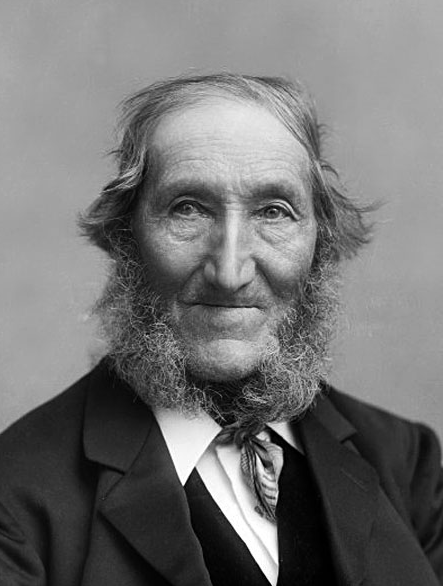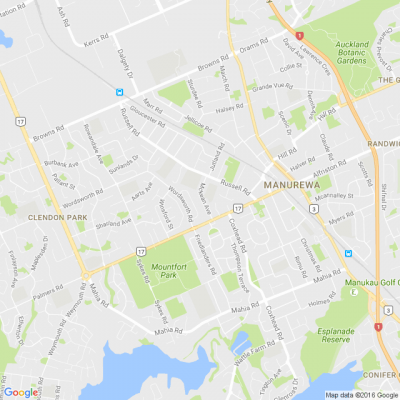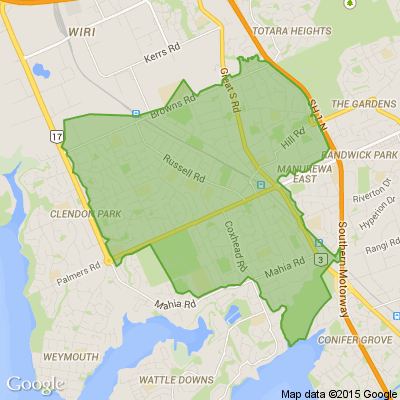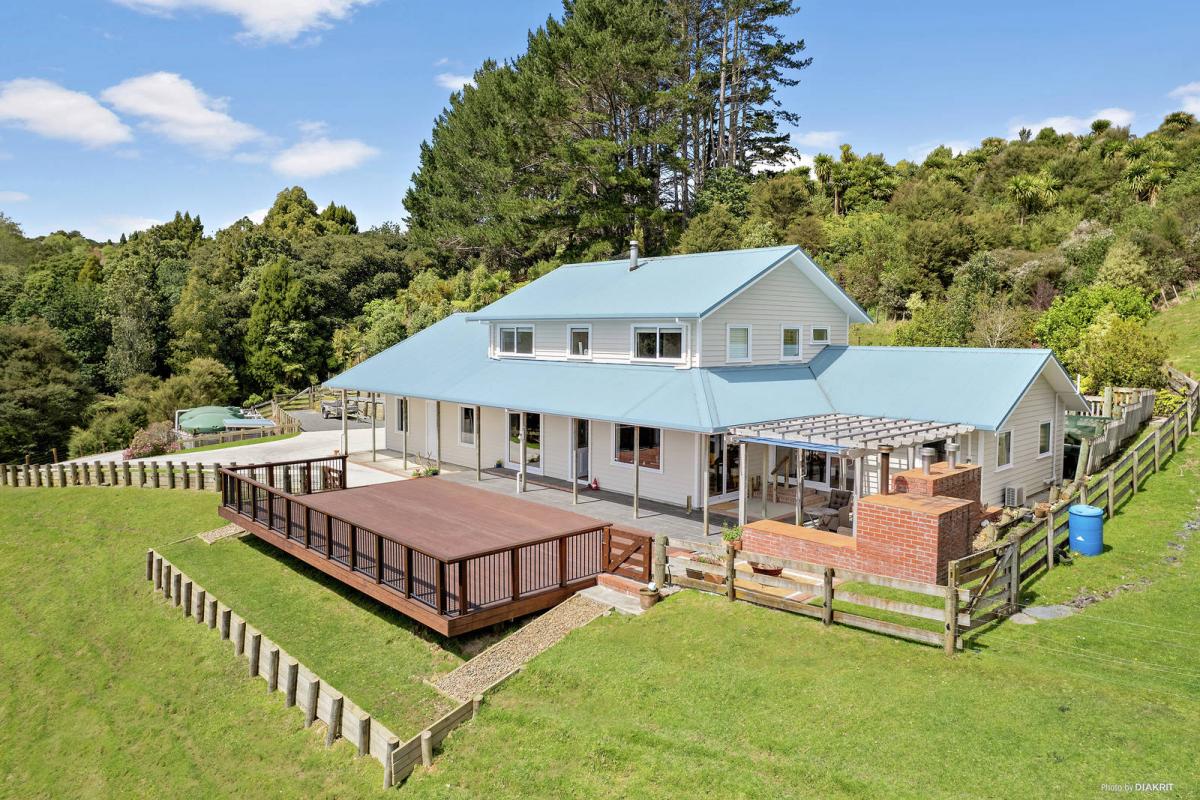$6.4 million multi-sport centre opens doors in Ōtara
A $6.4 million sports centre has reopened in Otara after a major facelift.
The Ngati Otara Multi-sport and Cultural Centre boasts a new clubroom, kitchen, changing rooms and first-aid centre at Ngati Otara Park.
The south-Auckland building comprises a laundromat for sports kit along with a first-aid room and a cafe/bar for members of the community.
Health services will be provided there at the Whanau Ora Medical Clinic.
Pacific Homecare will hold its Fia Ola (Want to Live) programmes for older residents at the complex.
Manukau Ward councillor Fa'anana Efeso Collins said earlier the upgrade would help develop and retain sporting talent in a disadvantaged community.
The Ngāti Ōtara sports centre was pivotal to the growth and development of local sports in Ōtara, he said.
"It gives local sports codes like rugby league, kilikiti, tag and netball decent playing areas where our local athletes will excel."
Auckland mayor Phil Goff said the new complex transformed the old facilities.
"This investment by Auckland Council recognises that Otara deserves a decent 21st-century sports facility that encourages our young people into sport and inspires them to realise their potential," he said.
Five different sports and more than 150 teams would use the facilities, he said.
Ōtara-Papatoetoe Local Board chair Apulu Reece Autagavaia said he grew up playing kilikiti (cricket) on the fields nearby.
"I remember, as a kid, it was my job to fetch stray kilikiti balls that made their way on the deteriorating roof.
“The previous building was dark, old and no longer fit for purpose. It feels incredible to be able to provide a beautiful, brand new building to the community we can all enjoy and be proud of. "

Six tips for improving security around your home
1) Improve outdoor lighting
Ensure that streets, driveways, and front yards are well-lit. Motion-sensor lights around homes deter trespassers by reducing hiding spots and illuminating their movements.
2) Trim your trees
Overgrown shrubs and trees provide cover for intruders. Keeping them well-trimmed around windows and doors improves visibility and reduces potential hiding spots.
3) Secure Entry Points
Ensure doors, windows, and gates are always closed when you are away from the house. Upgrade to more secure locks, deadbolts, or even smart locks for added protection.
4) Add a security camera
Place security cameras in the main entry points to your home. Doorbell cameras are also relatively cheap and a great way to keep track of who is visiting your home when you aren't there.
5) Start a Neighborhood Watch Program
You could reach out to members on Neighbourly to form a group of neighbors who can regularly keep an eye out for suspicious activity and report it. You could also check with Neighbourhood Support to see what is existing in your area.
6) Introduce yourself to your neighbours
The closer you are to your neighbors, the more likely they’ll notice when something unusual or suspicious is happening around your property
Feel free to share anything that you do around your area to deter crime.

What's your favourite recipe for gooseberry?
Love gooseberries? Share your favourite way to enjoy them. We're looking for our readers' favourite family recipes for this delicious crop. Send yours to mailbox@nzgardener.co.nz, and if we use it in the magazine, you will receive a free copy of our December 2024 issue.

What workplace change would you like to see most?
This coming Monday is Labour Day in New Zealand. This public holiday marks when the eight-hour workday and 48-hour workweek became law in 1899. The idea started with Samuel Parnell, a carpenter in Wellington, who in 1840 refused to work more than eight hours a day. Since skilled workers were in short supply, his employer had to agree.
As more skilled workers arrived, employers tried to change working conditions, but Parnell and others kept pushing for better rights. In 1890, Parnell led a Labour Day parade of 1,500 people to promote the eight-hour day. He passed away shortly after, and nine years later, Labour Day became an official public holiday.
Do you feel that we have reached the ideal in working environments yet? What rights are you passionate about relating to employment? Share your thoughts!








 Loading…
Loading…





